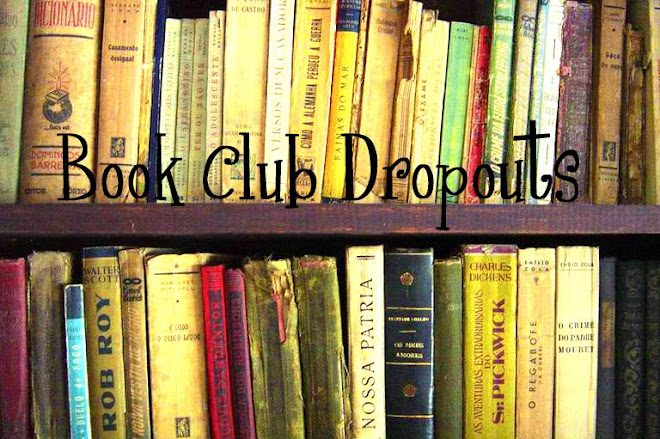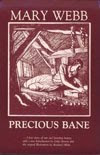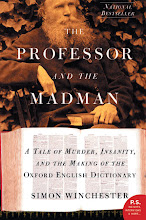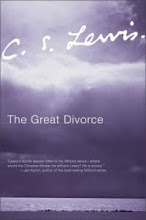Set in the remote hill country of Shropshire at the time of the Napoleonic wars, Mary Webb's classic novel tells a story of superstition and hatred, of destructive ambition, and, most of all, of the strength of love. Precious Bane was a best-seller of the 1920s.
Precious Bane is the story told by Prudence Sarn. Afflicted with a "hare-shotten lip," feared and scorned as a witch, Prue Sarn nonetheless possesses a passionate heart and a clarity of sight. She loves and sees the remote countryside that is her home with a descerning, mystical vision; and she also, hopelessly it seems, loves Kester Woodseaves, the weaver.
Yet Prue is bound to her brother, Gideon Sarn, the sin-eater. A distraught and driven man, Gideon is cut off from human contact and from the beauty of the natural world by his love of profit, by his hunger to make his farm produce. And he has made Prue promise to work with him toward an end she does not want-an end that may destroy them both.
Thus Prue is torn between loyalty to her brother and love for the weaver. In turn, Kester Woodseaves' steady love for all created things leads him to resist people's destructive cruelty toward nature and each other; and his love for Prue Sarn enables him to discern, beneath her blighted appearance, the natural loveliness of his "dear acquaintance."
Precious Bane tells the story of these several loves, of their conflict-and consummation.
Summary taken from1980 publication of Precious Bane.
I wasn't sure who had what publication but mine had a really insightful introduction by author Erika Duncan. If you don't have it in your book, I've taken the liberty (hopefully not too much liberty) to scan in my introduction. I had no idea how many treasure this story. After reading it I was really excited to dive into Precious Bane.
See you all next month!
(Click pages to enlarge)











































